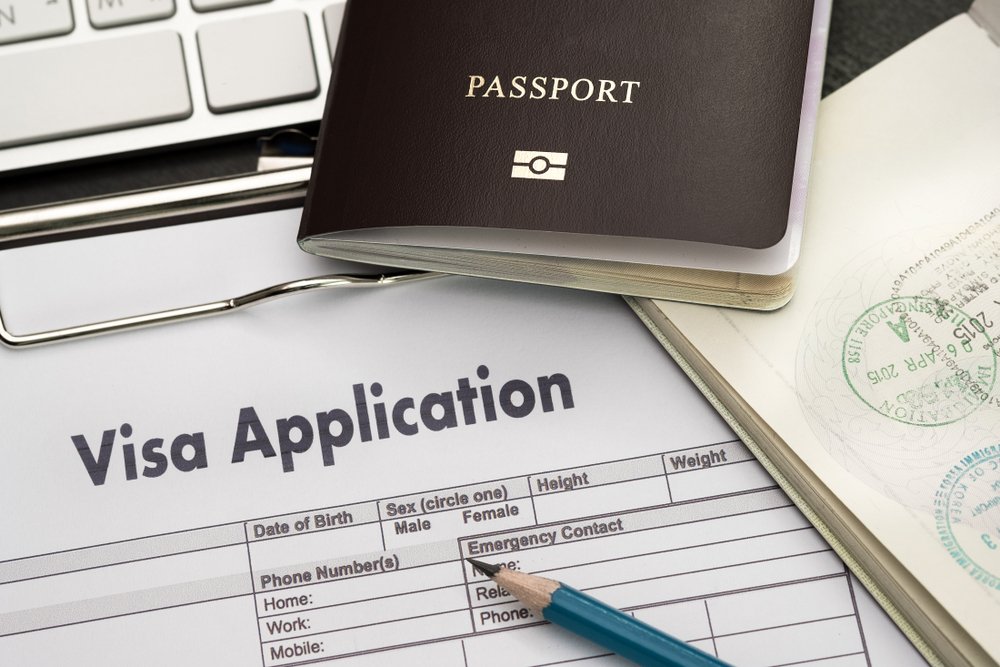Foreign Employment has been a trend in the last few years, which has helped improve the quality and diversity of the workforce in Vietnam. However, being a foreign citizen, a certain procedure and documents must be compiled if you wish to legally work in Vietnam or a Vietnamese company is aiming to hire you.
1. Work Permit Requirements
Visas (Business Visas, Visa Exemptions, Resident Cards, and so on) do not give any work rights in Vietnam. Visas are immigration and border issues.
According to Vietnam’s Labor Code (and the current applicable Labor Code Decrees), all foreign workers must get a Work Permit before engaging in any work in Vietnam, unless they meet the exemptions and have the proper Exemption Certificates.
The duration of a foreign employee’s employment contract must not exceed that of the Work Permit. When a foreign employee in Vietnam is recruited, both parties may negotiate the conclusion of multiple fixed-term labor contracts. Foreign employees working in Vietnam will deal with and be protected by Vietnamese labor law, unless particularly defined by treaties to which Vietnam is a signatory.
The Work Permit: relate to the position sought for
This frequently annoys foreign employees who aim to change companies in Vietnam since they must apply for a new Work Permit for the new employment. If they have 2 roles and employers in Vietnam, they will require two Work Permits, one from each. The reason is that the company, not the person, applies for the Work Permit. The application is for a specific position at a specific company. If an employee changes responsibilities with the same business, a new Work Permit is frequently necessary. (most don’t).
Key Points: Probation Contracts still need Work Permits
This aspect is highly irritating to employers in Vietnam. Employers must go through the complete procedure of getting a Work Permit before they may verify an overseas employee‘s ability to execute the job (ie, the inclusion of the standard probation clauses in an employment contract). Some firms work over it by offering the employee to move to Vietnam for a 90-day contract (using the 3-Month Rule exemption). If they properly pass the term, they will begin discussions for longer-term renegotiations (and apply for Work Permits). There are hazards to this approach, but others believe that they can go around the limitations and effectively manipulate the rules to allow for a probation component. Whether these are acceptable to a potential employee is another thing.
2. Exemption Categories for Work Permits
There are a total of 20 Exemption Categories, which may be divided into two groups where Work Permits are not required. There are, however, regulations that must be obeyed.
Group 1
Exemptions that necessitate obtaining an Exemption Certificate from the authorities prior to beginning work. This category has 13 exemptions. Many are related to NGO and government functions, but the most prevalent ones that are related to commercial activities are as follows:
- Internal transfer from an international employer to their subsidiary in Vietnam if the employee has been with the foreign company for more than 12 months.
- Interns come to Vietnam to study at international educational institutes.
Group 2
Those that do not require an Exemption Certificate before signing a contract and beginning employment for a company. However, it must notify the authorities where the foreign employee is anticipated to work at least three days before the foreign employee begins working in Vietnam.
- Professionals who come to work in Vietnam for less than 3 months to provide marketing of a service;
- Foreign lawyer who has been granted a lawyer’s practicing certificate in Vietnam in accordance with the Law on Lawyers;
- Foreign individuals married with a Vietnamese citizen and who reside in Vietnam;
- The owner or capital contributor of a limited liability company with a capital contribution value of at least 3 billion dong;
- The Chairperson or a member of the Board of Directors of a joint-stock company with a capital contribution value of at least 3 billion dong;
- Foreign employees enters Vietnam to hold the position of a manager, executive, expert or technical worker for a period of work of less than 30 days and up to 3 times a year; or
- Relatives of foreign representative bodies in Vietnam who are authorized to work in Vietnam under an international treaty to which the Socialist Republic of Vietnam is a signatory as their relatives
3. Position/Profession for Foreign Employment
In terms of foreigner employment requirements in Vietnam, enterprises, organizations, individuals, and contractors will only hire foreigners to fill positions such as managers, executive directors, specialists, and technical workers whose professional requirements cannot be met by Vietnamese workers.
Foreign employee recruitment in Vietnam shall be explained and subject to formal clearance from appropriate authorities. Furthermore, before hiring foreign personnel in Vietnam, a contractor will describe the roles, required credentials, skills, experience, and contract duration, and seek formal authorization from a competent government.
4. Tax Finalization for Foreign Resident
According to Vietnamese Law, foreign residents who finish their employment contract in Vietnam are to complete their tax PIT finalization statement before returning home.
An annual tax finalization is applicable to income from business and income from wages or remuneration. The tax period is the calendar year if the person is present in Vietnam for 183 days or more in the calendar year.
If the person has been present in Vietnam for fewer than 183 days in a calendar year, but has been in Vietnam for 183 days over 12 consecutive months from the date of arrival, the first tax period is the 12 consecutive months from the date of arrival. In the second year, the tax period is the calendar year.
Our Services
HR and Payroll compliance in Vietnam can be difficult for new investors. We are here to help you ensure careful and conscious monitoring and review of your processes, policies and calculations. Fill out the form below and one of our consultants will contact you or call us at 098 521 4093.




